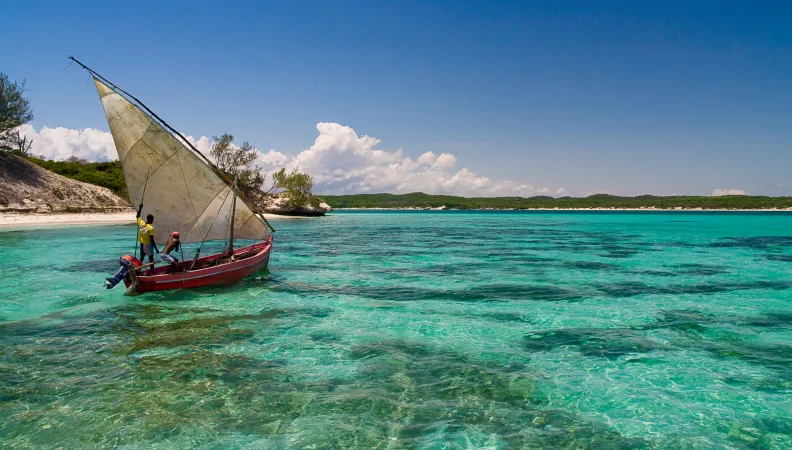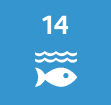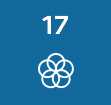Share the page
Management of ocean activities to preserve the biodiversity of the Northern Mozambique Channel (NoCaMo)
Project


-
Project start date
-
Status
In progress
-
Estimated date of project termination
-
-
Project financing date
-
-
Financing duration
-
4 years
-
Type of program
-
FFEM
-
Global financing amount
-
€ 5 788 000
-
FFEM financing amount
-
€ 1 500 000
-
Project lead member institution(s)
-
Ministry of the Ecological Transition, Biodiversity, Forests, Sea and Fisheries, Ministry for Europe and Foreign Affairs
-
Country and region
-
Comoros, Madagascar, Mayotte, Mozambique, Tanzania
-
Type of financing
-
Partners
-
Members of the Indian Ocean Consortium, Swedish International Development Agency (SIDA)
-
Beneficiaries
-
Nairobi Convention Secretariat, WWF France
-
Type of beneficiary
-
International organisation


Subject to pressures from oil and gas companies, the area around the Northern Mozambique Channel (NoCaMo) is also threatened by maritime traffic and climate change. The FFEM is supporting the NoCaMo project in order to preserve its exceptional biodiversity. The goal: to establish better spatial management of ocean activities.
Context
The Northern Mozambique Channel is the second most important hotspot for tropical marine biodiversity in the world, and a strategic zone for marine species reproduction and primordial nutrition. The area’s coastal population, assessed at 10 million people, may reach 40 to 60 million by 2100: they are heavily dependent on marine resources.
Human activities - in particular, extractive industries - present a great threat to the region’s ecosystems, and the recent discovery of extensive volumes of natural gas and oil in the zone could potentially further endanger these ecosystems and the coastal communities. Faced with this threat, the NoCaMo project - supported by the FFEM - aims to steer development trends across the region toward sustainable practices, balancing economic development with marine ecosystem preservation. A main target will be to implement integrated governance for the oceans.
Description
The project has three components:
- Establishe the institutional foundations and providing the necessary knowledge to engage the countries concerned in a marine spatial planning process for the whole Northern Mozambique Channel.
- Encourage the application of more virtuous environmental and social practices to lessen the impacts of gas and oil operations on biodiversity and ecosystems.
- Promote the exchange of good practices relating to marine resource management and the improvement of communities’ living conditions, particularly through supporting learning networks.
Outcomes
- Local, economic and social development of the Northern Mozambique Channel, through sustainable management of the region’s marine resources.
- Ecosystem preservation throughout the Northern Mozambique Channel.
Innovative and exemplary features
This project promotes an integrated oceans governance approach: an innovation on a regional and global scale. It also represents the first initiative to promote a “blue economy” in the Northern Mozambique Channel, to balance economic and social development with environmental protection. Its use of economic assessment tools and scientific scenarios as decision-making aids is also innovative in the area, as is the promotion of best environmental and social practices in the oil and gas industry. The model being developed could also be replicated to manage other resources and projects of different scales.
Sustainable Development Goals
ODD14 Life below water

ODD17 Partnerships for the goals



